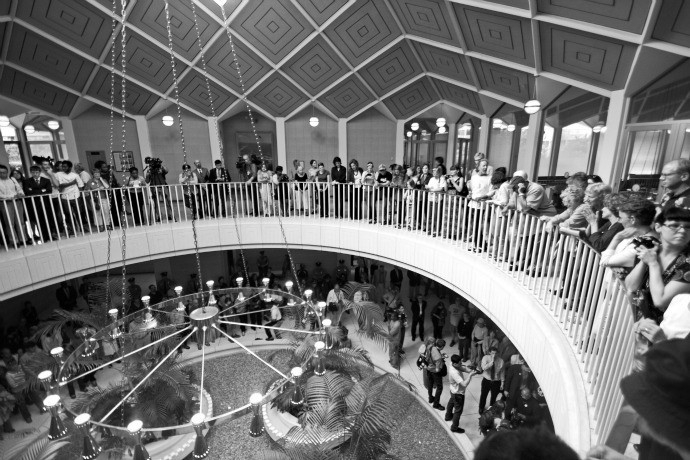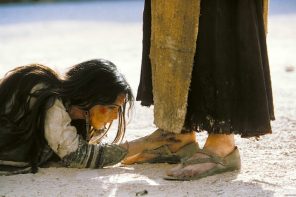I have had the honor of working extensively with the Rev. Dr. William Barber II, beginning when he keynoted the launch of the Kairos Center for Religions, Rights, and Social Justice in November 2013. It has been a fruitful partnership in all respects.
 In his new book, Rev. Barber reminds us of the importance of education and history in the long struggle for justice and righteousness. Referring to how those in power kept the poor divided in history, he speaks about how both enslaved persons and poor whites were denied literacy before the Civil War. He implores all of us to see the connections among our struggles and to come together to build a powerful movement. He summons us to resist the divide-and-conquer strategy of the Pharoahs of our day, uniting to transform society for the benefit of all.
In his new book, Rev. Barber reminds us of the importance of education and history in the long struggle for justice and righteousness. Referring to how those in power kept the poor divided in history, he speaks about how both enslaved persons and poor whites were denied literacy before the Civil War. He implores all of us to see the connections among our struggles and to come together to build a powerful movement. He summons us to resist the divide-and-conquer strategy of the Pharoahs of our day, uniting to transform society for the benefit of all.
Rev. Barber consistently emphasizes the sacredness of all life. He maintains that if we care about one death at the hands of a cop, then we have to care just as much about 2,800 deaths occurring each year due to lack of Medicaid expansion in North Carolina. He cautions us to avoid the path of political expediency and to envision and struggle towards the reign of God here on earth. He questions why progressives gave up using the word “welfare” when it’s in the preamble to the U.S. Constitution and why even President Obama won’t use the word “poor” when it’s one of the most prominent words and themes in the Bible.
I am always reminded of the Book of James when I observe the theory and theology of Rev. Barber: The biblical writer and Rev. Barber both insist that a vital Christian faith propels us into the struggle for basic justice, that faith without redemptive struggle is dead.
We all owe Rev. Barber a debt of gratitude, both for his leadership in the field and for this precious book, The Third Reconstruction.





